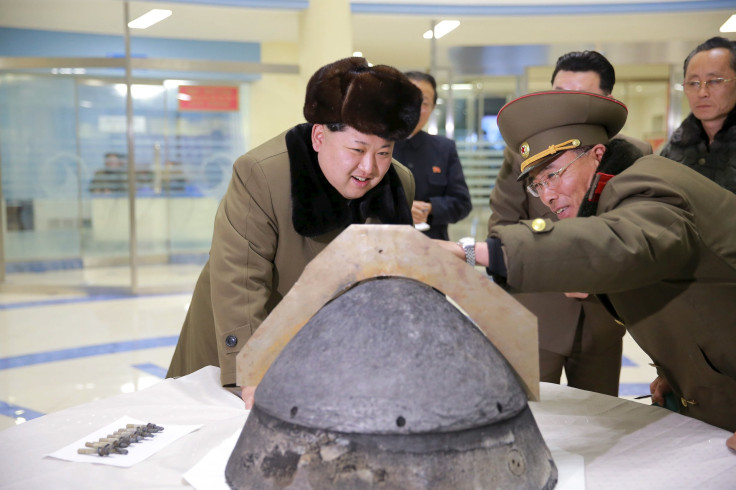Who Was Blacklisted By The United States? 7 North Korean Officials, 2 Agencies Cited For Human Rights Abuses

The U.S. State Department blacklisted seven North Korean officials and two state agencies for human rights abuses or censorship Wednesday, and the Department of the Treasury added them to the list of individuals and groups that whose U.S. assets are frozen and who are prohibited from doing business in the United States.
“The report represents a continuation of U.S. government efforts to name those responsible for or associated with the worst aspects of the North Korean government’s repression, including serious human rights abuses and censorship,” the State Department said in a press release.
“Human rights abuses in the DPRK remain among the worst in the world. The North Korean government continues to commit extrajudicial killings, enforced disappearances, arbitrary arrest and detention, forced labor, and torture. Many of these abuses are committed in the political prison camps, where an estimated 80,000 to 120,000 individuals are detained, including children and family members of those subject to persecution and censorship. The systemic and oppressive nature of the North Korean government’s censorship and information denial remains omnipresent.”
Added to the List of Specially Designated Nationals and Blocked Persons were:
- Kim Won Hong, minister of State Security;
- Kim Yo Jong, vice director of the Propaganda and Agitation Department;
- Choe Hwi, vice director of the Workers Party of Korea Propaganda and Agitation Department;
- Kim Il-nam, chief of South Hamgyong Province State Security;
- Min Byong Chol, director of the Inspection Division of the Organization and Guidance Department;
- Jo Yong-won, vice director of the Organization and Guidance Department; and
- Kang Pil Hoon, director of the Political Bureau in the Ministry of People’s Security.
Also added were the State Planning Commission and the Ministry of Labor.
Amnesty International has said North Koreans sent to prison camps often are subjected to torture, as well as inhuman and degrading treatment or punishment for such infractions as working too slowly, lying or forgetting the words to patriotic songs.
“Due to the combination of forced hard labor, inadequate food, beatings, lack of medical care and unhygienic living conditions, many prisoners fall ill and die in custody or soon after release,” Amnesty said.
A committee of the U.N. General Assembly has called for sending North Korean leader Kim Jong Un, who came to power in December 2011, to the International Criminal Court to face prosecution for crimes against humanity. Among the crimes are state-induced starvation of citizens. In remarks last year, Kim warned citizens they might have to go back to eating the roots of grass as he strengthens his military program even further.
North Korea has pursued a nuclear program that has resulted in the strongest U.N. sanctions ever imposed on a country, but they have yet to encourage Kim to abandon his nuclear ambitions.
© Copyright IBTimes 2024. All rights reserved.





















